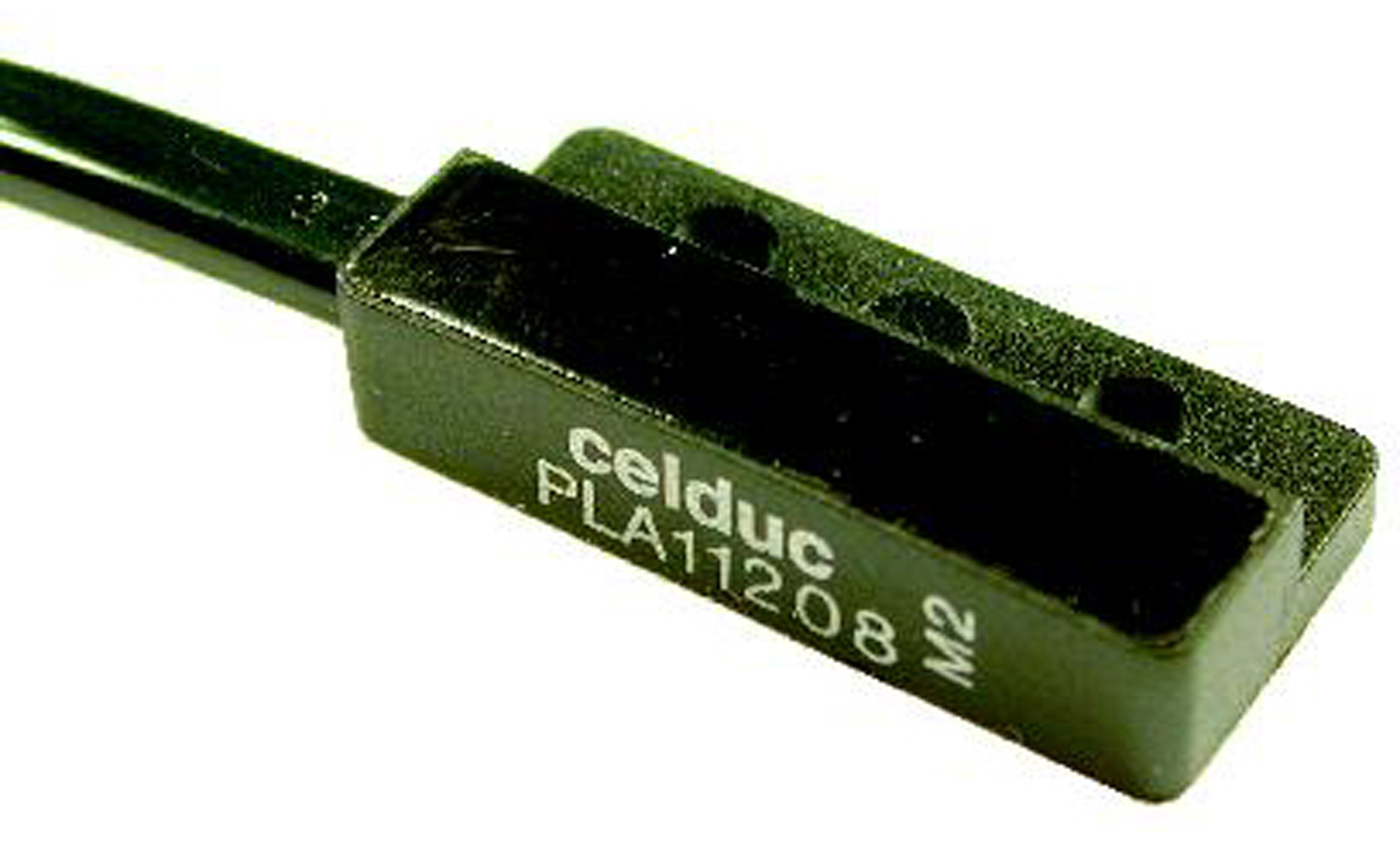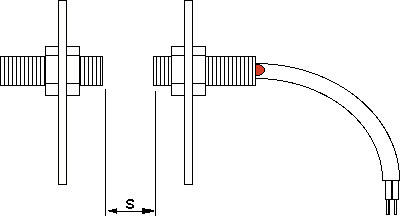Blog - EXPERTISE & INNOVATIONS - Magnetic Sensors - Proximity Sensors Technologies
Proximity sensors are the most common and affordable solution for no-touch object detection. They are used in many industries, including manufacturing, robotics, semiconductor, etc.
There are several types of proximity sensors which are used according to the need and material detection.
Five technologies occupy the top spots in the current non-contact detection market : inductive, capacitive, optical, ultrasonic and magnetic.
We have made a comparison between these 5 technologies (click on the picture to get a larger view):
 celduc® relais has a wide range of magnetic proximity sensors. Magnetic proximity sensors are used for non-contact object detection. Used with a separate magnet, they offer very long sensing ranges in a small package and can detect magnets through walls of non-ferrous metal, stainless steel, aluminum, plastic or wood. For an overview of our whole range of magnetic proximity sensors.
celduc® relais has a wide range of magnetic proximity sensors. Magnetic proximity sensors are used for non-contact object detection. Used with a separate magnet, they offer very long sensing ranges in a small package and can detect magnets through walls of non-ferrous metal, stainless steel, aluminum, plastic or wood. For an overview of our whole range of magnetic proximity sensors.
There are several types of proximity sensors (detailed below) – some common selection criteria include sensing distance, size/shape, switching frequency, housing material and connection type.
Which type of detection are you looking for ? are you looking for position, presence, level or speed detection ?
Operating distance : which distance between the magnet and the sensor ?
 The guaranteed activation distance depends on the sensitivity of the sensor and of the power of the magnet. As a guideline, in our selection guide catalogue, we clarify the guaranteed distance of activation with a given magnet but celduc® remains at your service to offer the best magnet/sensor pair according to your needs.
The guaranteed activation distance depends on the sensitivity of the sensor and of the power of the magnet. As a guideline, in our selection guide catalogue, we clarify the guaranteed distance of activation with a given magnet but celduc® remains at your service to offer the best magnet/sensor pair according to your needs.
Working conditions : vibrations, shocks, gas vapour, dust, humidity…?.
What is the environment (surroundings) : material used close to the sensor (plastic, copper, aluminium, stainless steels, steel, iron, presence of motors….) ?
-type of load (resistive or inductive) ?
-power
-voltage
-type of contact (NO, NC, change over contact) ?
— which design the customer needs (screw sensors, sensors for PCB, tubular sensors…) ?
— which connection types : wire, connectors… ?
— which type of magnets : cylindrical, ring, square… ?
Here is the Decision Tree for choosing Proximity Sensors (click on the picture to get a larger view):
celduc® Proximity sensors are available in a vast assortment sizes and shapes : tubular M8, M10 or M12, rectangular form, screws mounting, PCB mounting …. celduc® offers magnetic proximity sensors with either cable or wire or connector.